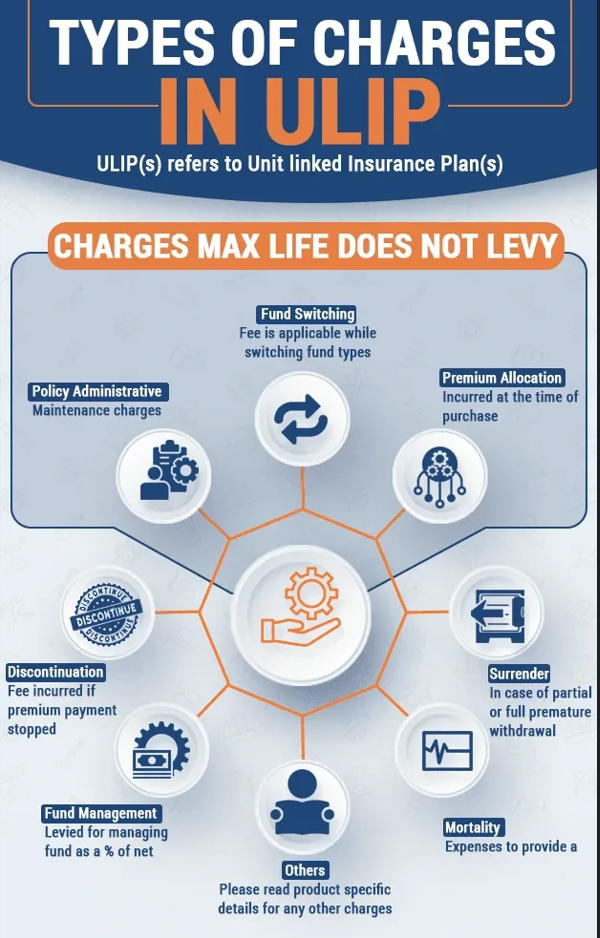Impact of Delhi Development Authority's
Updated Land Pooling Policy..
by Mr. Rohan
Sharma, JLL India
The Lieutenant Governor
of Delhi’s notification of 89 rural villages to urban areas has again brought
to the fore the Land Pooling Policy of Delhi, which has been
gathering dust for nearly two years now.
The Delhi Development Authority (DDA)
had approved the policy in the last week of July 2013, and thereafter it was
notified by the Union Ministry of Urban Development in Sept of the same year.
The operational rules were also approved by the Ministry in May 2015.
The dispute between the
Delhi Government and the DDA on certain rule amendments saw the policy go
nowhere, while unscrupulous elements announced projects and collected monies
from naïve buyers with the promise of a house in Delhi.
The policy in its
concept still remains a novel idea as it aimed to solve the issues faced by the
nodal body in acquiring land in the prime city, due to fragmented land holdings
and higher compensation payable in the wake of increased land valuations.
The DDA has created two
categories for land pooling – above 20 hectares and second for land between 2
and 20 hectares.
The enhanced
ground coverage of 40% under this policy, as against the existing 33%,
is to promote private sector participation with land consolidation and
development being the domain of private players, while DDA assumes a larger
role of a facilitator.
The landowners would
receive between 48-60% of the pooled land for development
purposes back from the DDA in lieu of compensation, and they can use that
developed land in any way they desire. The DDA would use the remaining portion
of the pooled land for creating the associated infrastructure as well as for
public and semi-public areas.
This policy is likely to result
in residential development projects across the prime city, which has an
acute shortage of housing and where most of the housing needs are fulfilled by
the DDA. This policy is likely to lead to an increase in private participation
in housing development across the city.
The last amendments made
to the policy by the Ministry in 2015 are:
1.
In case DDA delays the
development of the pooled land, it will pay penalty to the landowners/farmers
of 2 per cent of the External Development Charges (EDC) for the first two years
and 3 per cent for the period thereafter in case of delay beyond the completion
of the project or five years, whichever is later.
2.
If farmers/landowners
are unable to pay the EDC, they can give up a larger portion of the land to the
DDA, and in this case they shall get 35% of the land back for their use.
3.
The Development
Companies shall have to compulsorily construct houses for the EWS (Economically
Weaker Sections), which will amount to 15% of the FAR over and above the
permissible FAR of 400.
4.
Transparent system for
prioritising the allocation of returnable land based on a computerised
monthly-grouping system.
5.
Complete utilisation of
the FAR meant for residential purposes.
The policy is estimated
to unlock around 20,000-25,000 hectares of land across Delhi,
primarily in the urban villages and smaller towns at the city’s peripheries.
Such development is likely to result in a healthy availability of
residential dwelling units, which will also help control residential
prices.
With RERA
notified for NCT of Delhi, it will however be advisable for buyers to
understand that projects cannot be launched without complete approvals
and sanctioned plans and project registration with the regulatory
authority.
Since the policy involves surrendering of land, fresh allotment of
land and only then can the developer go in for project approvals, buyers should
be careful in committing any money to project announcements under this scheme
by private development companies.
This policy has the
potential to change the dynamics of the residential market in NCR by boosting
the supply of affordably priced apartment units within the geography of Delhi
City.
https://www.linkedin.com/in/rohan-sharma-9668658?ppe=1
For media contact
Mr. Arun Chitnis
Head - Corporate Communications & Media Relations
JLL India
Level 6, Amar Avinash Corporate Plaza
Bund Garden Road,
Pune 411001.
Tel: (020) 40196100 Fax: (020) 40196101
Mob: 91 9657129999
Website: www.joneslanglasalle.co.in
Blog: www.joneslanglasalleblog.com/realestatecompass
Mr. Arun Chitnis
Head - Corporate Communications & Media Relations
JLL India
Level 6, Amar Avinash Corporate Plaza
Bund Garden Road,
Pune 411001.
Tel: (020) 40196100 Fax: (020) 40196101
Mob: 91 9657129999
Website: www.joneslanglasalle.co.in
Blog: www.joneslanglasalleblog.com/realestatecompass













































